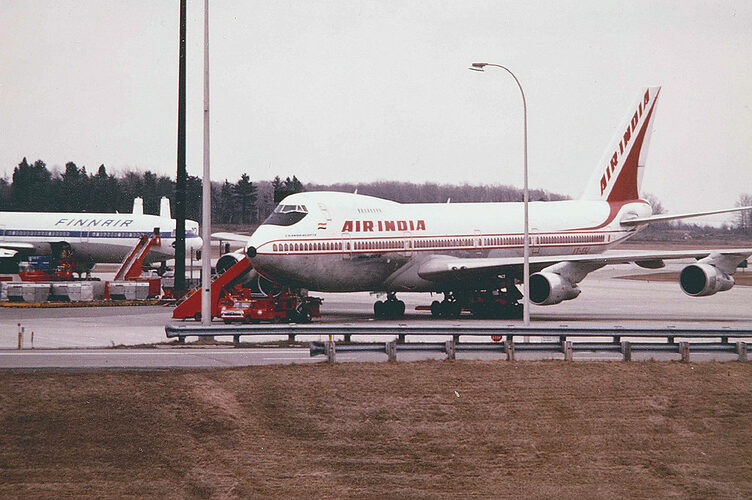Within the tumultuous waters of the Strait of Hormuz, on April 13th, the vessel MSC Aries, carrying 25 souls, fell into the clutches of Iran’s Revolutionary Guards, mere days after Tehran’s vow to retaliate against an alleged Israeli strike on its Damascus consulate, hinting at the potential closure of this vital maritime artery.
A glimmer of hope emerges as all Indian crew members, entangled in the seizure of a Portuguese-flagged ship by Iranian forces, anticipate repatriation, announced by Iranian Foreign Minister Amir Abdollahian.
In dialogue with Portuguese counterpart Paulo Rangel, Abdollahian empathized, “The plight of the ship’s crew weighs heavily upon our conscience. We extend consular access and liberation to their respective embassies in Tehran.”
Despite the ordeal, one of the original 17 crew members has safely returned to India.
However, amidst hope, uncertainty persists. The Indian Ministry of External Affairs cites “technical intricacies” delaying the return of the remaining 16 crew members.
MEA Spokesperson Randhir Jaiswal elaborates on the intricacies, noting contractual hurdles. The timeline for their return remains uncertain.
Iran’s commitment to facilitating Indian authorities’ access to the crew members, alongside individuals from the Philippines, Pakistan, and Russia, underscores the complexities of this maritime saga.











